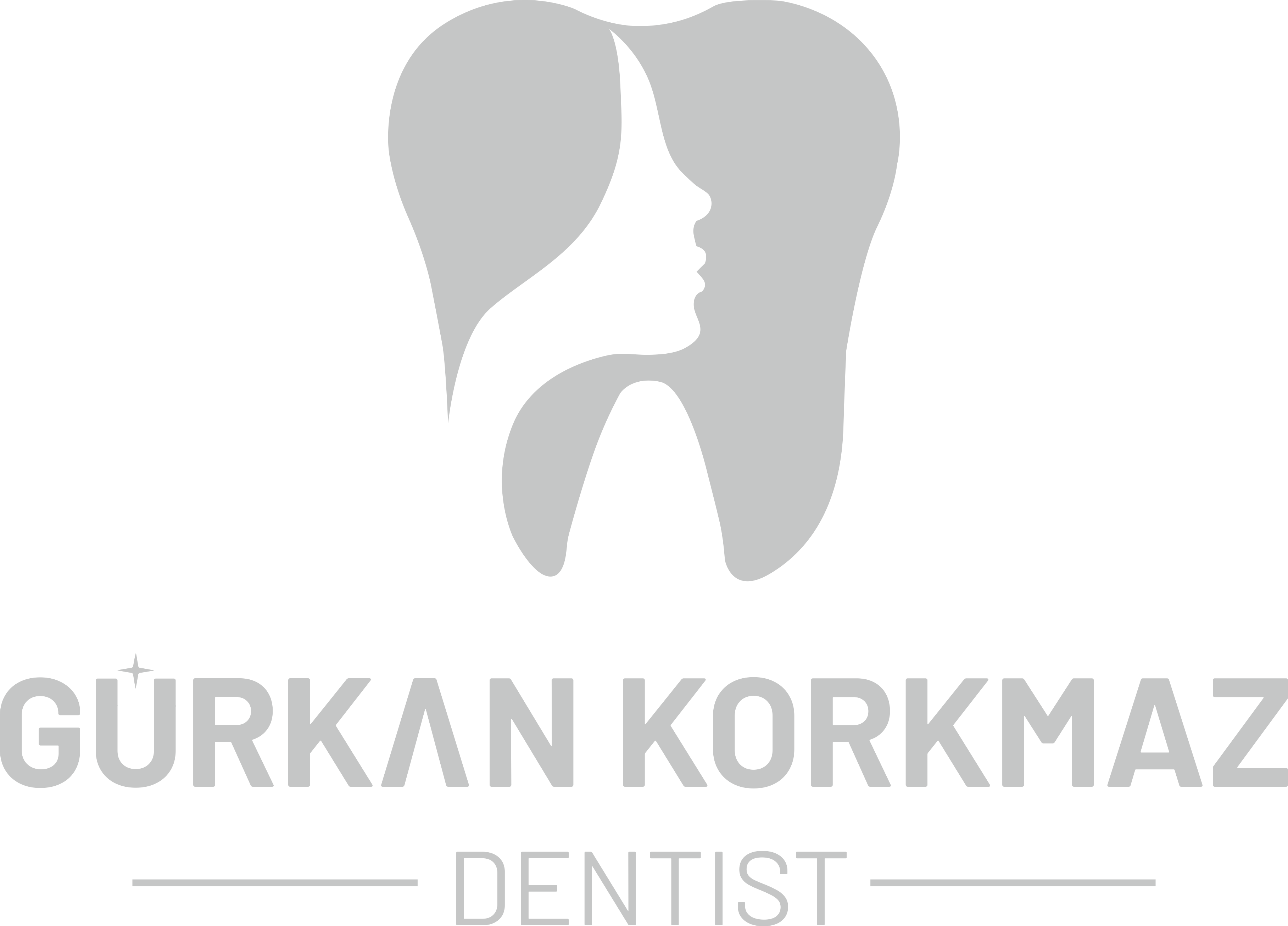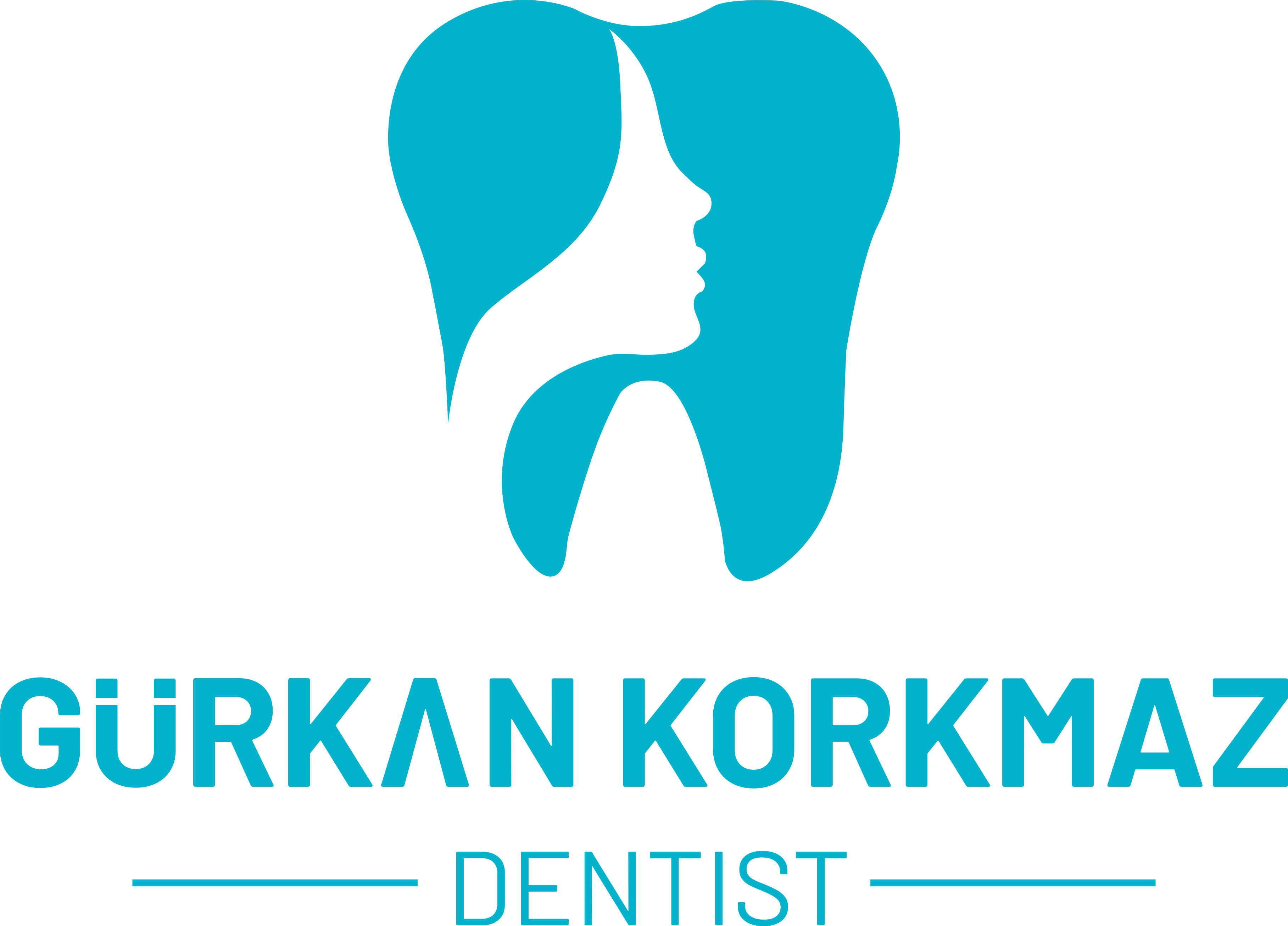What are Non-Prep Veneers?
Non-prep veneers, also known as no-preparation veneers, are ultra-thin shells of porcelain or composite material designed to cover the front surface of teeth without the need for extensive tooth preparation. Unlike traditional veneers, which require the removal of a thin layer of enamel to ensure a proper fit and appearance, non-prep veneers can be applied directly to the teeth with minimal or no alteration of the natural tooth structure. This makes the procedure less invasive and more conservative.
Non-prep veneers are an excellent option for individuals looking to improve the appearance of their smile with minimal dental work. They are particularly suitable for patients with minor cosmetic issues, such as discoloration, small gaps, or slightly misaligned teeth.
Advantages of Non-Prep Veneers
One of the primary advantages of non-prep veneers is their minimally invasive nature. Because they require little to no removal of tooth enamel, the procedure preserves more of the natural tooth structure. This can be particularly beneficial for patients who are hesitant about undergoing more extensive dental work or who have sensitive teeth.
Another significant advantage is the speed and ease of the procedure. Traditional veneers often require multiple visits to the dentist, including an initial consultation, tooth preparation, and the final placement of the veneers. Non-prep veneers can often be applied in a single visit, making them a convenient option for busy individuals.
Non-prep veneers also offer excellent aesthetic results. The ultra-thin material used in these veneers closely mimics the appearance of natural tooth enamel, providing a natural and attractive look. Additionally, because there is no significant alteration of the natural teeth, non-prep veneers can be easily removed or replaced if necessary, without causing damage to the underlying teeth.
The Process of Getting Non-Prep Veneers
The process of getting non-prep veneers is straightforward and typically involves just a few steps. First, the dentist will conduct a thorough examination of the patient’s teeth and discuss their cosmetic goals. This initial consultation is crucial for determining whether non-prep veneers are the appropriate solution and for planning the treatment.
Once the decision to proceed with non-prep veneers is made, the dentist will take impressions or digital scans of the patient’s teeth. These impressions are used to create custom veneers that fit precisely over the natural teeth. Because no significant tooth preparation is required, this step is quick and painless.
When the custom veneers are ready, the dentist will carefully bond them to the front surfaces of the teeth using a strong dental adhesive. The veneers are then adjusted and polished to ensure a comfortable fit and a natural appearance. The entire process can often be completed in a single appointment, although some cases may require a follow-up visit to ensure the best results.
Caring for Non-Prep Veneers
Proper care and maintenance are essential for ensuring the longevity and appearance of non-prep veneers. Fortunately, caring for veneers is similar to caring for natural teeth. Patients should brush their teeth at least twice a day with a non-abrasive toothpaste and floss daily to remove plaque and prevent gum disease.
It is also important to avoid habits that can damage the veneers, such as biting on hard objects, chewing ice, or using teeth as tools. While non-prep veneers are durable, they can still chip or crack under excessive force. Patients should also be mindful of their diet, avoiding foods and beverages that can stain the veneers, such as coffee, tea, and red wine.
Regular dental check-ups and professional cleanings are crucial for maintaining the health of the veneers and the natural teeth. During these visits, the dentist can check for any signs of wear or damage and ensure that the veneers remain securely bonded to the teeth.
Potential Risks and Considerations
While non-prep veneers offer many benefits, there are also some potential risks and considerations to keep in mind. One of the primary concerns is that because the veneers are so thin, they may not be suitable for individuals with significant dental issues, such as large gaps, severe misalignment, or extensive tooth damage. In such cases, traditional veneers or other cosmetic treatments may be more appropriate.
Another consideration is that non-prep veneers, while durable, may not be as long-lasting as traditional veneers. The ultra-thin material used in non-prep veneers can be more susceptible to chipping or cracking, particularly if the patient has habits that put excessive stress on the teeth.
Cost can also be a factor. Non-prep veneers tend to be more expensive than other cosmetic dental treatments, such as bonding or whitening. However, the convenience and minimally invasive nature of the procedure may justify the higher cost for many patients.
Alternatives to Non-Prep Veneers
For individuals who may not be suitable candidates for non-prep veneers or who are looking for alternative options, there are several other cosmetic dental treatments available. Traditional veneers, for example, involve more extensive tooth preparation but offer a durable and long-lasting solution for more significant dental issues.
Dental bonding is another option for addressing minor cosmetic concerns. This procedure involves applying a tooth-colored resin to the teeth and then shaping and polishing it to improve the appearance. Bonding is less expensive and less invasive than veneers, but the results may not be as long-lasting or aesthetically pleasing.
Teeth whitening is a simple and non-invasive treatment that can significantly improve the appearance of stained or discolored teeth. While whitening does not address structural issues like veneers, it can provide a noticeable enhancement to the smile with minimal effort and cost.
Non-prep veneers are an excellent option for individuals looking to improve their smile with minimal dental work. These ultra-thin veneers offer a natural and attractive appearance while preserving the natural tooth structure. The procedure is quick and convenient, often completed in a single visit, making it an ideal choice for busy individuals.
While non-prep veneers offer many benefits, it is important to consider the potential risks and limitations. Not all patients may be suitable candidates, and the veneers may not be as long-lasting as traditional options. However, with proper care and maintenance, non-prep veneers can provide a beautiful and lasting enhancement to the smile.
By understanding the process, benefits, and considerations of non-prep veneers, patients can make informed decisions about their cosmetic dental treatments and achieve the smile they desire.
Services

Our mission is to provide superior quality services in the field of oral and dental health. With our expert team and state-of-the-art technology, we aim to deliver reliable, comfortable, and effective treatment options to maintain the highest level of oral and dental health for our patients.
Contact Detail
- Phone : +90 506 912 88 80
- Address : Alt Zeren Sok. No:29 Levent / Beşiktaş / İstanbul 34330
- Email : [email protected]
- Copyright 2024 Dentist Gürkan Korkmaz
